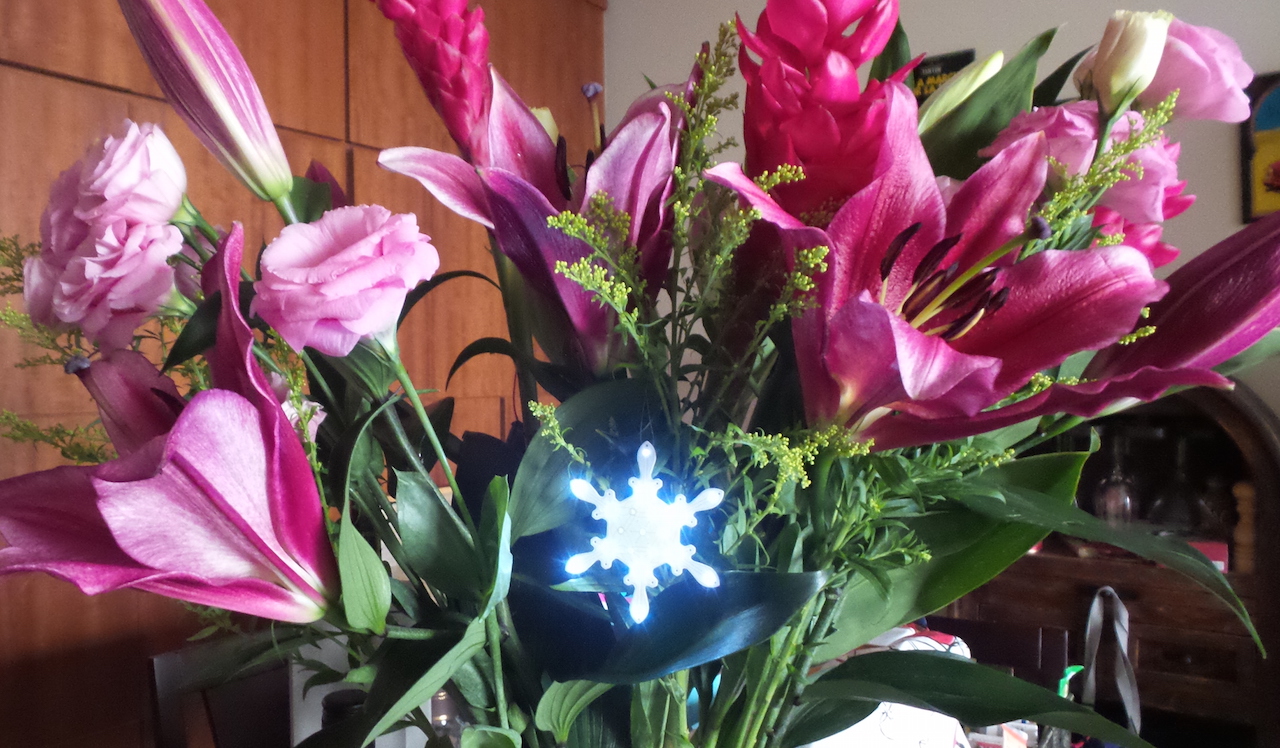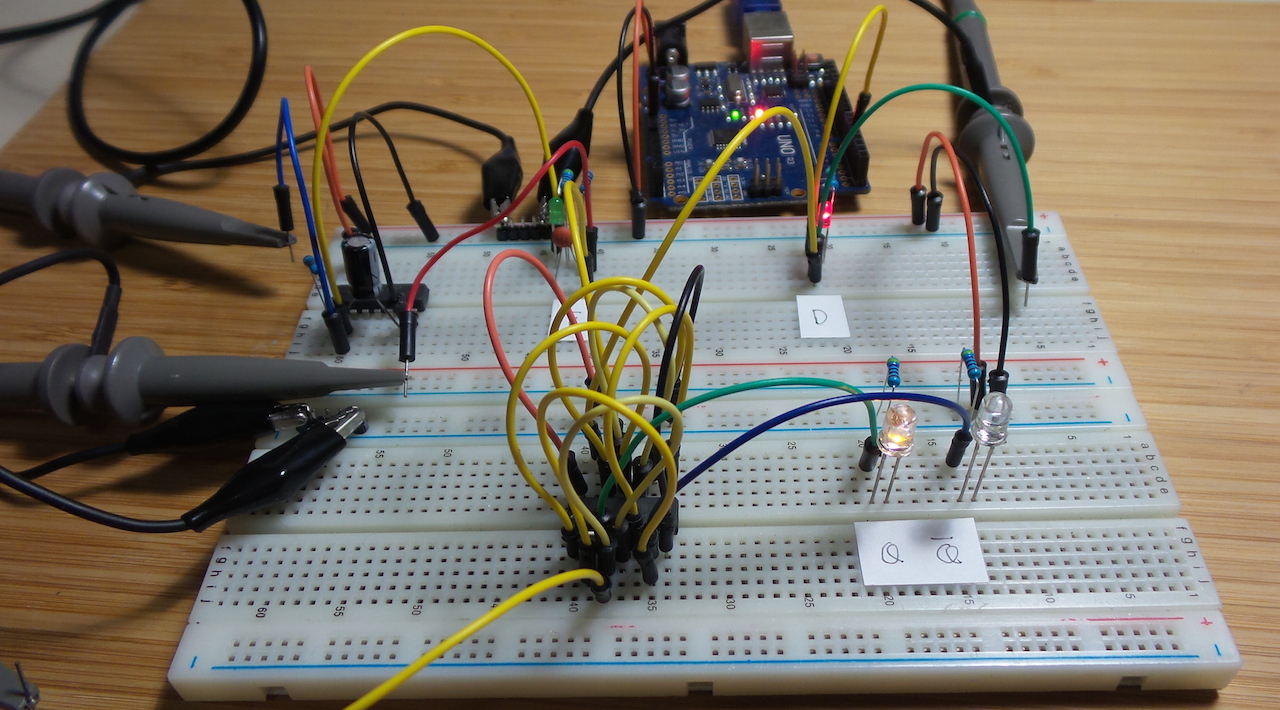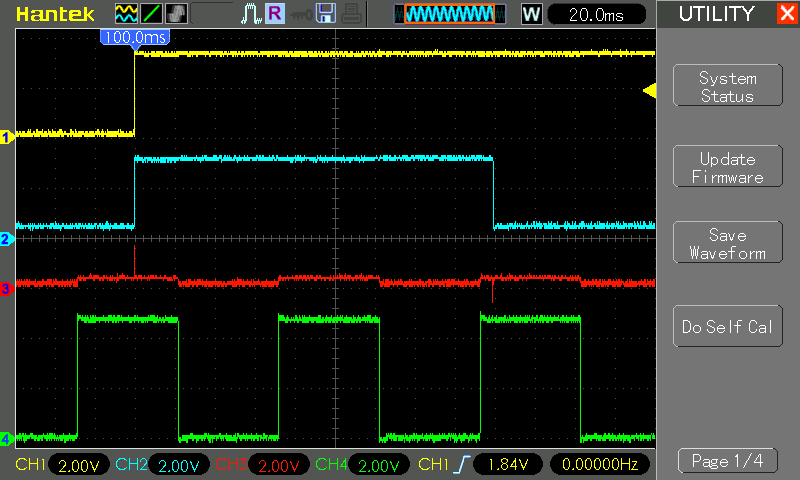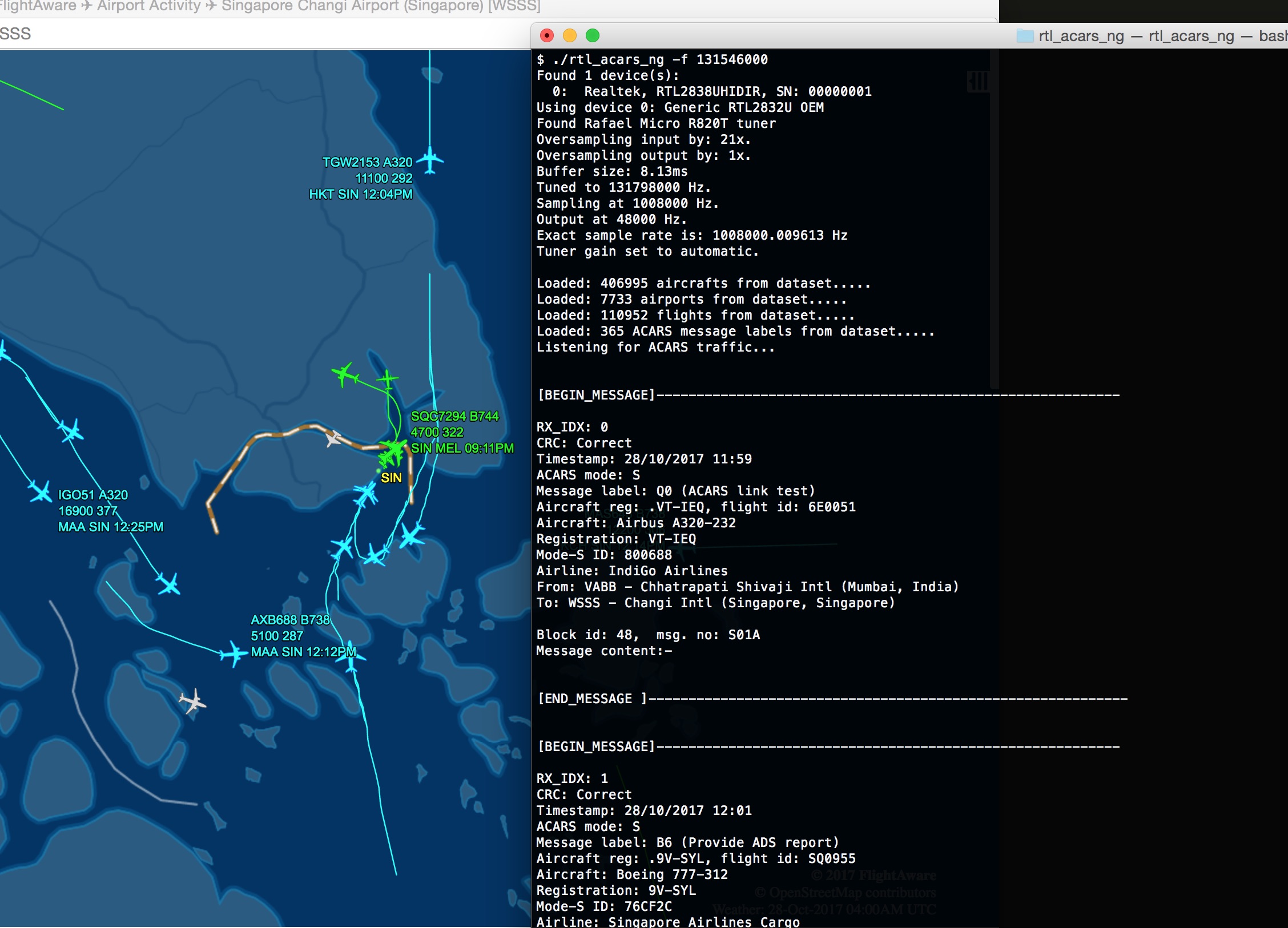LEAP#355 Snow Flake
When @LuckResistor announced the Snow Flake to the Boldport Club community, I knew I had to join in!
The Snow Flake is an Atmel SAM D ARM Cortex-M0-controlled LED ornament. I’ve just completed building the first Once I have built some more I will be able to experiment with co-ordinated operation, but even a single snowflake makes for an impressive display.
As always, all notes, schematics and code are in the Little Electronics & Arduino Projects repo on GitHub
The LED animation effects look much better in video form of course :
read more and comment..
LEAP#354 PissOff Mutant Offspring
Somewhere in my travels (Five Below?) I picked up a cheap SpiderBot robot kit mainly to see how they drive the legs. OK, interesting for about 15 minutes then I guess I started channeling Sid and decided to hook it up with the BoldPort PissOff.
So now I have an angry sentry dog that scuttles about like a spider.
As always, all notes, schematics and code are in the Little Electronics & Arduino Projects repo on GitHub
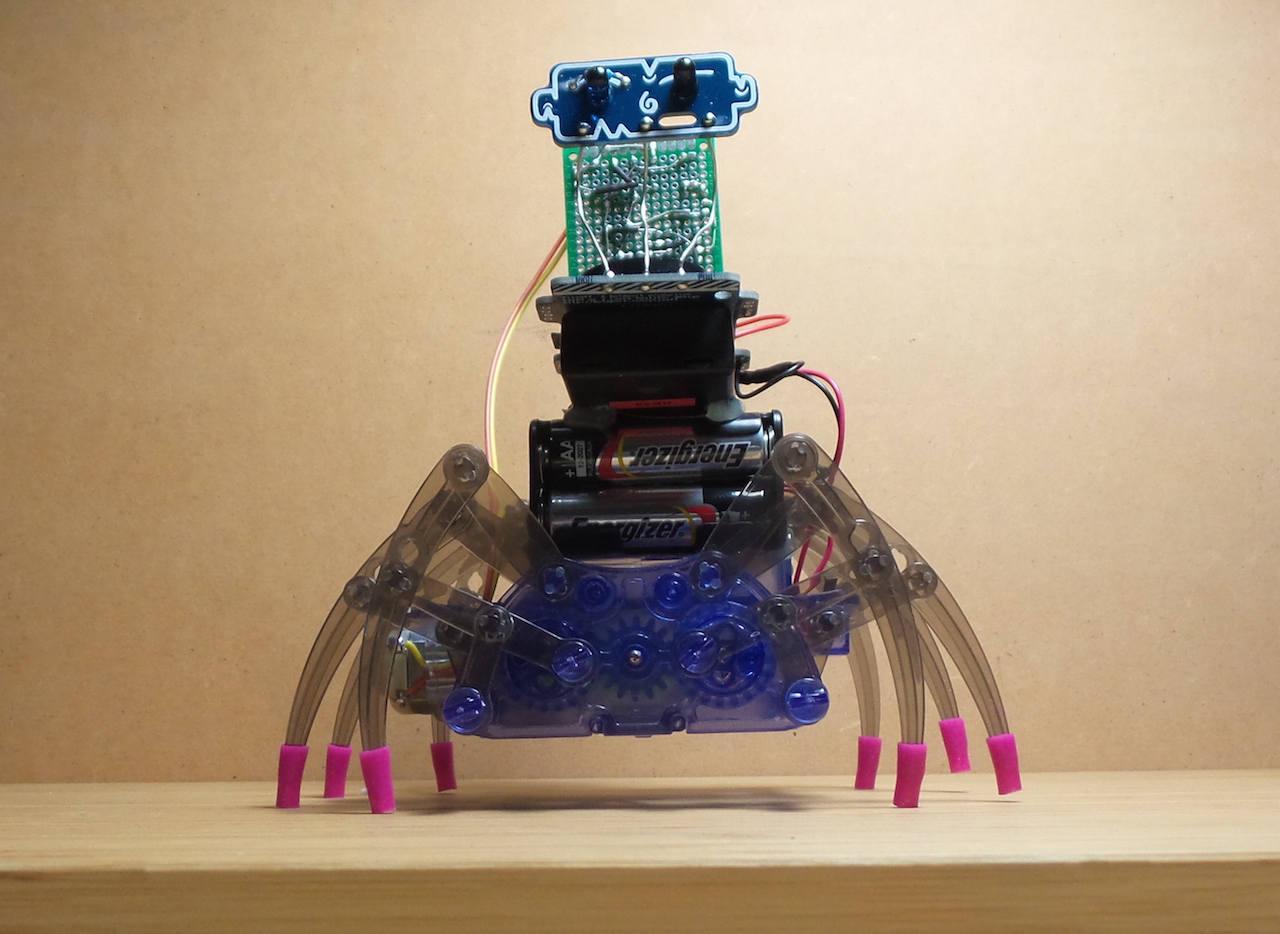
The motor in the SpiderBot is really dirty and I had real trouble controlling it without interference, even with extreme isolation. But perhaps imperfect crazy action is better after all..
read more and comment..
LEAP#353 D Flip-Flop with NAND Gates
The D Flip-flip is the synchronous (clocked) sibling of the D latch.
There are various ways of constructing a D flip-flip from fundamental logic units, here I’m using only NAND gates. And there we have it - 1 bit of memory in a clocked register! It’s nice to see it work, even if this circuit is no longer of any real practical use.
As always, all notes, schematics and code are in the Little Electronics & Arduino Projects repo on GitHub
read more and comment..
LEAP#352 Decoding ACARS
Aircraft Communications Addressing and Reporting System (ACARS) is a short message digital datalink protocol transmitted around 129-137 MHz in different regions. As well has assisting air traffic control, it is (I gather) how services like flightaware get their data.
For a quick test, I’m using the open-source rtl_acars_ng. It built and ran on MacOSX without trouble, connecting to an R820T2+RTL2832U dongle.
As always, all notes, schematics and code are in the Little Electronics & Arduino Projects repo on GitHub
read more and comment..
